Internal Medicine Meeting 2017
$49.00
Product Include:
File size:
Internal Medicine Meeting 2017
**More information:
Get Internal Medicine Meeting 2017 at Salaedu.com
Descriprtion
Choose from over 170 scientific sessions presented at Internal Medicine’s most comprehensive educational event. Obtain the latest scientific content presented by renowned faculty. Select individual Internal Medicine sessions or the complete Internal Medicine meeting package.
60 Minutes: Special Report on Hot Issues in Health Policy
C. David Geier MD
A Case-Based Approach to Treating the Weekend Warrior
Dahlia Rizk DO & more
A Hospitalist Approach to Mass Casualty Events
Christi Cavaliere MD
A Hospitalist Approach to Pressure Wounds
Brian F. Mandell MD, MACP, PhD, FACR
Acute Arthritis in the Hospital: Focus on Septic Arthritis and Its Mimics
Janet A. Jokela MD, FACP, MPH, FIDSA
Ambulatory Infections: What to Do, and Why
David V. O’Dell MD, FACP & more
An International Perspective on Management of Diabetes and Obesity
T. Mike Hsieh MD
Andropause: When Is Testosterone Therapy Indicated?
Darren Taichman MD, FACP, PhD & more
Annals Articles That Can Change Your Practice
Trish M. Perl MD, FACP
Antibiotics: What Everyone Needs to Know
Hugh Myrick MD
Approach to Alcohol Withdrawal in the Hospital: Riding the Pink Elephant
Martin A. Samuels MD, MACP, DSc(Hon), FAAN, FRCP, FANA
Approach to the Patient with Headache
Viviana Navas MD & more
Approach to the Swollen Patient
Eliseo Guallar MD, DrPH & more
Basic Things You Know You Should Know but Don’t
Joan Bowes Ritter MD, FACP
Best Foot Forward: Common Foot Complaints That Walk into the Office
Amy Kilbourne PhD, MPH
Best Practices and Strategies for Successful Quality Improvement
Jordana Kron MD
Best Practices in the Evaluation and Management of Atrial Fibrillation
Rajesh Patel MD, MPH
Beyond the Hype and into the Real World: Making Mobile Health (mHealth) Matter for Your Practice
Christopher Aakre MD, Resident/FellowMember & more
Billing and Coding: What You Didn’t Learn in Residency, and Why It Matters
Jay W. Lee MD, MPH, FAAFP & more
Blogging and Social Media in Health Care
Daniel D. Klaristenfeld MD, FACS, FASCRS
Bottoms Up: Common Anorectal Conditions Encountered by the Internist
Robert M. Wachter MD, FACP
C. Wesley Eisele Lecture: The Good, the Bad, and the Ugly: Physicians in the Digital Age
David S. Ettinger MD, FACP, FCCP
Cancer of Unknown Primary: Knowing the Unknown
Sanjay Saint MD, FACP, FRCP
Case-Based Clinical Reasoning in the Hospital
John M. Kelso MD
Cases from the Allergy Clinic
Virginia L. Hood MD, MACP,MBBS, MPH
Cases in Electrolyte and Acid-Base Disorders
Daniel J. Cantillon MD, FACC, FHRS
Catching Up with a Racing Heart: Approach to Tachyarrhythmia
Sanjay Saint MD, FACP, FRCP
CAUTI Conundrum
Alan Yee DO
Cerebrovascular Disease: Important Updates, Guidelines, and New CVA Management
Clyde W. Yancy MD, MACP, MSc, FAHA
Challenges in Heart Failure
Lucia Larson MD, FACP
Challenges in Inpatient Management of Pregnant Patients
Steven L. Cohn MD, FACP, SFHM
Challenging Cases in Perioperative Medicine
Anthony L. Komaroff MD, FACP
Chronic Fatigue Syndrome
Carmen A. Peralta MD
Chronic Kidney Disease: Definitions and Screening
Ryan A. Crowley & more
Climate Change: The Health Perspective
Meredith C. McCormack MD, MHS
Clinical Approaches to Obstructive Lung Disease (COPD and Asthma)
Scott C. Litin MD, MACP & more
Clinical Pearls: Geriatric Medicine and Palliative Care
Scott C. Litin MD, MACP & more
Clinical Pearls: Pulmonary Medicine and Dermatology
Randall S. Edson MD, MACP, FIDSA & more
Clinical Pearls: Women’s Health and Infectious Diseases
Sachin B. Wani MD, MBBS, FASGE & more
Clinical Triad: Cancer Screening-Pancreas, Esophagus, and Colon
Lawrence Ward MD, FACP, MPH & more
Clinical Triad: Lung Cancer Screening-How Do You Do That?
Alice D. Ma MD, Member & more
Clinical Triad: Managing Thrombosis in Special Circumstances
Suzanne M. Donovan MD, FACP, MPH & more
Clinical Triad: Travel Medicine
Geno J. Merli MD, MACP, FHM, FSVM & more
Clinical Triad: Vascular Disease from Head to Toe-When to Intervene and When to Monitor
Kristine E. Ensrud MD, FACP, MPH & more
Clinical Triad: What Do I Do with This Report?
Colleen R. Kelly MD, FACG
Clostridium difficile: What the Hospitalist Needs to Know
Alice D. Ma MD, Member
Common Bleeding Disorders: Bloody Elusive Foes
Gurston G. Nyquist MD
Common ENT Problems in Primary Care
Hadley M. Wood MD, FACS
Common Urology Problems in the Hospitalized Patient
Geno J. Merli MD, MACP, FHM, FSVM & more
Consult Talk
Christine Robillard Isaacs MD
Contraception: Which Patient? Which Method?
John J. Densmore MD, FACP, PhD
Curable Cancers: Progress in Oncology
James M. Tauras MD
Current Approaches to Managing Acute Decompensated Heart Failure
Mangla Sood Gulati MD, FACP, SFHM
Decreasing Errors in the Hospital: What Can We Learn from Human Factors Engineering?
Jose R. Maldonado MD, FAPM, FACFE
Delirium Management in the Hospital Setting
Zaldy S. Tan MD, MPH & more
Dementia: An International Challenge for Internal Medicine Physicians Now and Beyond
John C. Selby MD, PhD
Dermatologic Emergencies in the Hospital
Tracy L. Setji MD, MHS
Diabetes Management in the Hospital
Gary C. Curhan MD, ScD
Diagnosis and Management of Kidney Stones
Sheila E. Crowe MD, FACP, FRCPC, FACG, AGAF
Diarrhea: Common Sense for a Common Condition
Health and Medical course
More information about Medical:
Medicine is the science and practice of establishing the diagnosis, prognosis, treatment, and prevention of disease.
Medicine encompasses a variety of health care practices evolved to maintain and restore health by the prevention and treatment of illness.
Contemporary medicine applies biomedical sciences, biomedical research, genetics, and medical technology to diagnose, treat, and prevent injury and disease,
typically through pharmaceuticals or surgery, but also through therapies as diverse as psychotherapy, external splints and traction, medical devices, biologics, and ionizing radiation, amongst others.
Medicine has been around for thousands of years, during most of which it was an art (an area of skill and knowledge) frequently having connections to the religious and
philosophical beliefs of local culture. For example, a medicine man would apply herbs and say prayers for healing, or an ancient philosopher and physician would apply bloodletting according to the theories of humorism.
In recent centuries, since the advent of modern science, most medicine has become a combination of art and science (bth basic and applied, under the umbrella of medical science).
While stitching technique for sutures is an art learned through practice, the knowledge of what happens at the cellular and molecular level in the tissues being stitched arises through science.
1 review for Internal Medicine Meeting 2017
Add a review Cancel reply
Related products
Health – Fitness – Medical
Health – Fitness – Medical
Health – Fitness – Medical
Health – Fitness – Medical
Health – Fitness – Medical
Health – Fitness – Medical
Health – Fitness – Medical

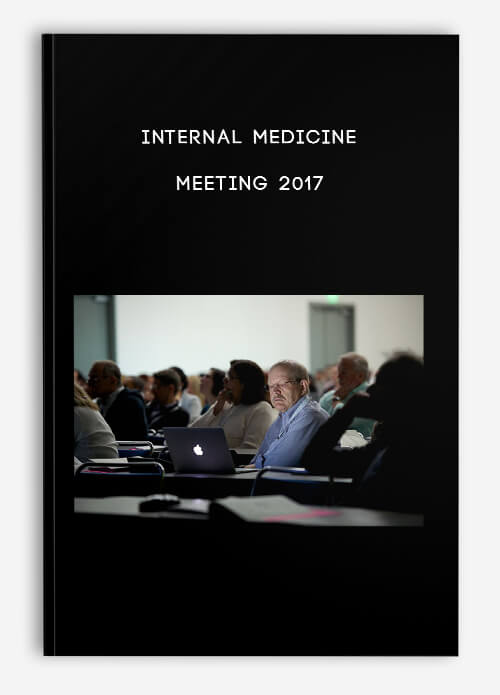



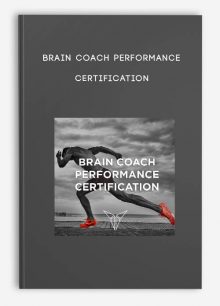

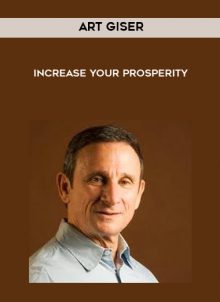
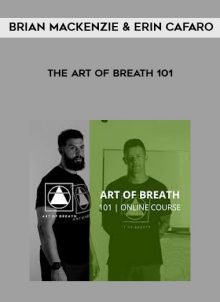

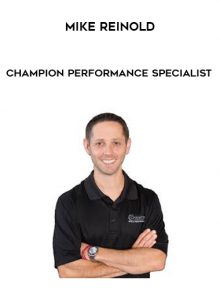
king –
We encourage you to check Content Proof carefully before paying.“Excepted” these contents: “Online coaching, Software, Facebook group, Skype and Email support from Author.”If you have enough money and feel good. We encourage you to buy this product from the original Author to get full other “Excepted” contents from them.Thank you!